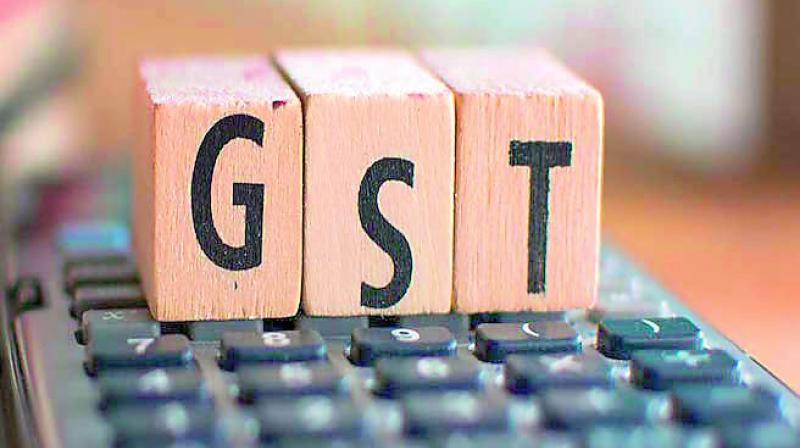Ensure one nation, one hospitality tax, say hoteliers
The multiplicity of tax slabs under GST has added to the prevailing confusion.

Chennai: The Centre may take pride in introducing “one nation, one tax” regime in the GST, but the Federation of Hotels and Restaurants Association of India (FHRAI) has demanded lowering of the slab and ensuring “one nation, one hospitality tax” instead.
The multiplicity of tax slabs under GST has added to the prevailing confusion. The highest tax slab was fixed at 28 per cent while small restaurants with annual turnover of less than Rs 50 lakh will be taxed at 5 per cent and other non-air-conditioned restaurants will be taxed at 12 per cent, and air-conditioned restaurants will be taxed at 18 per cent, besides restaurants inside star hotels would be taxed 28 per cent.
A delegation led by K. Syama Raju, President, FHRAI, which submitted a representation to Union Finance Ministry officials, recently, highlighted that the proposed 28 per cent GST slab would adversely impact the hospitality and tourism industries.
The delegation urged the Centre to “relook the current proposal” and strongly advocated a “one nation one, hospitality tax” at 12 per cent across the country.
Also, the government was requested to “relook at the luxury tax limit of '5,000 and to enhance it suitably as is followed in most of the countries the world over since '5,000 (US $75) cannot be considered 'luxury' today.” The association with over 3,000 licensed hotels as members.
“A regressive GST taxation regime has been applied. Hotel and restaurant businesses are striving to create higher standards and get higher ratings. The new GST regime is too punitive. We have requested the committee of Finance Ministry to relook at the present proposal and advocate a uniform hospitality GST of 12 per cent across the country,” said
Vivek Nair, Secretary, FHRAI. “Unless India is competitive in taxation rates with its neighbouring countries, it will not be able to achieve the ambitious target of increasing FTAs from the current 8 million to 14 million in 2022.

